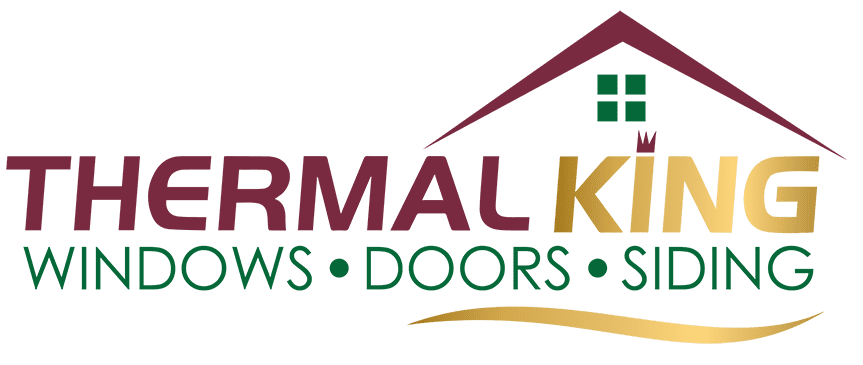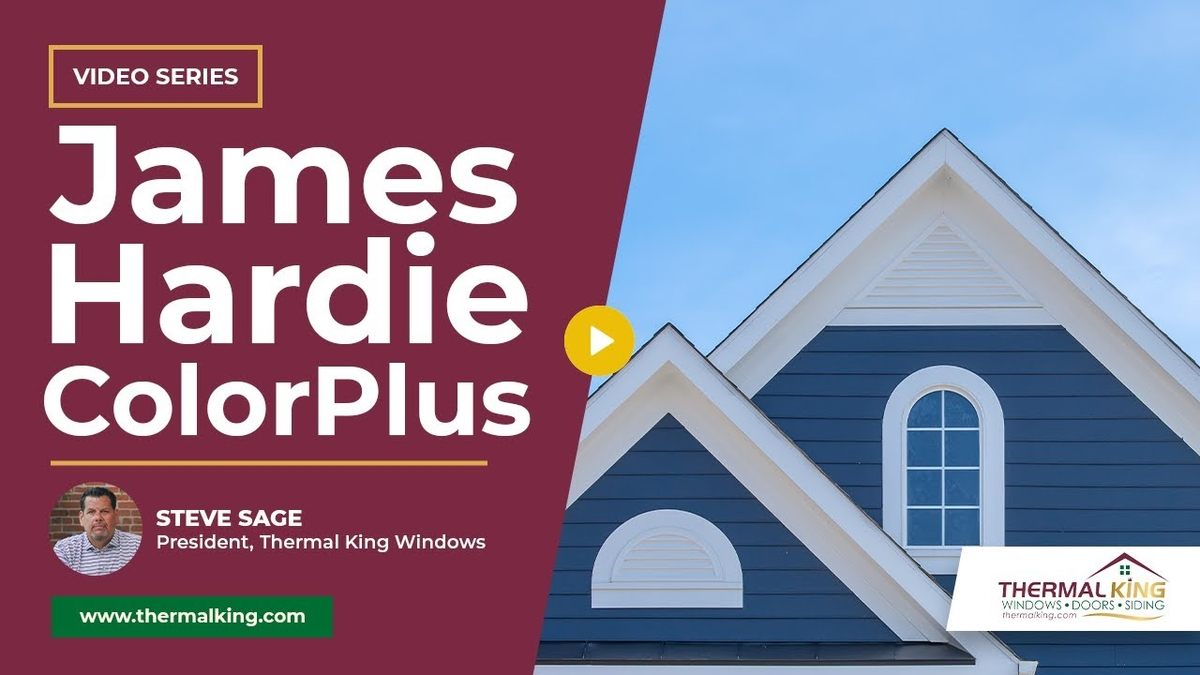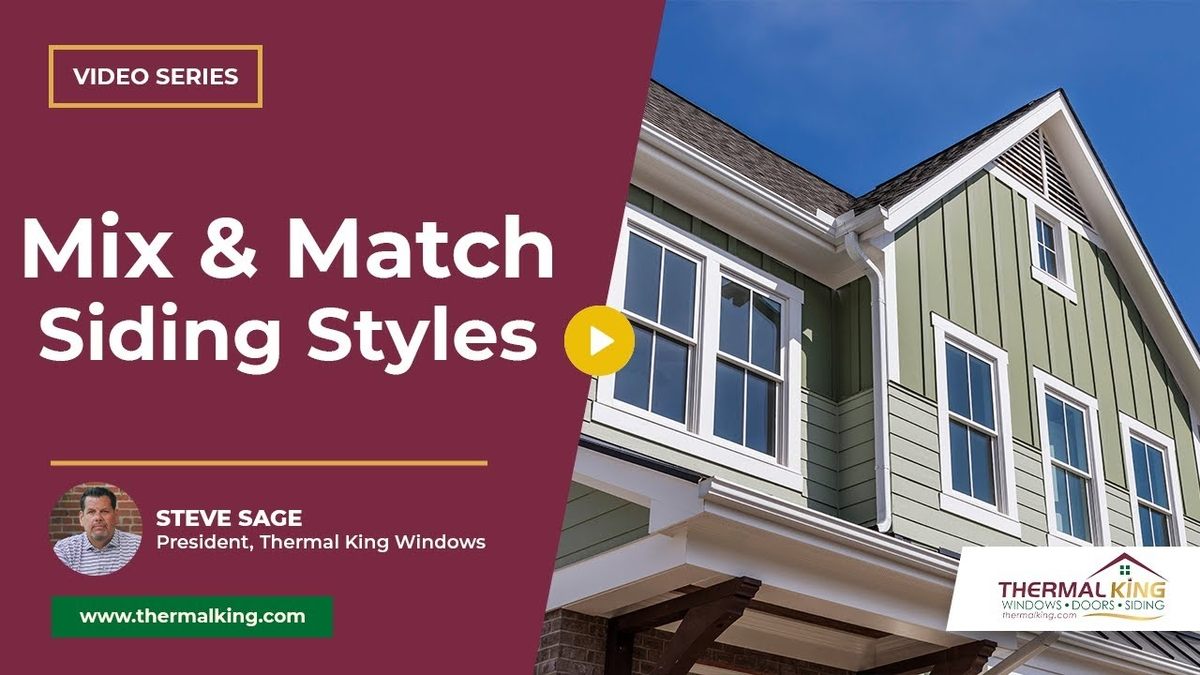Siding is one of the most significant protective components of your home, but it’s also one of the major aesthetic exterior features as well, and if you were considering upgrading the siding on your home you may have wondered about the pros & cons of vinyl siding. Vinyl siding is one of the most common siding materials, and for a long list of good reasons.
Along with that long list of benefits, however, there are also a few drawbacks to vinyl siding. We’re going to take a look at some of the most common pros and cons of vinyl siding. In the end, you should have a good idea of whether or not vinyl siding is going to be a good fit for your project.
The Pros & Cons Of Vinyl Siding
Pros
Energy Efficient
Vinyl is considered to be a great insulator, which makes it an optimal material to make home siding out of. The insulation that vinyl provides allows the home to become more energy efficient overall, which makes it more comfortable and can result in the homeowner saving considerable money.
The home becomes more comfortable, as the HVAC equipment needs to do less work to maintain the temperature. This means vinyl siding helps the home stay cooler in the summer and warmer in the cool months. It also puts less strain on the climate control components, which saves money on both maintenance and repairs.
Immune To Rot
Since vinyl is a synthetic material, it cannot rot or be used as food for pests. This makes it a much more sound choice in areas like KC, that get considerable rain, and have no shortage of wood-boring pests than wood siding. This also contributes to the nearly-zero maintenance requirement of vinyl siding. Vinyl siding is also immune to other similar water damage such as warping.
Low Maintenance
Another benefit of vinyl siding is that it requires almost no maintenance to stay looking its best. Unlike materials like wood or fiberglass that need to be kept painted, vinyl will keep its color and will never need to be painted or sealed. In many cases, the vinyl siding manufacturer may even have a warranty for the appearance of the siding for a certain number of years.
Easy To Clean
Vinyl siding is incredibly easy to clean and only needs attention once or twice per year. The siding can often be cleaned with the pressure of a standard garden hose. In situations with heavy soiling, a gentle soap and water mixture can be applied with a soft-bristle brush and rinsed with a hose.
Vinyl Is A Solid-Color Material
When you choose a color for vinyl, it isn’t simply a surface application, the material is produced in that color. This means that scratches and scuffs are nearly invisible. This can make vinyl a great choice for homes that may see significant exterior activity.
Styles Can Mimic Other Siding
Since vinyl is a manufactured material, it can be made in countless styles. Vinyl is extruded and can be made to mimic many other popular siding styles. There are vinyl siding types that resemble James Hardie siding, wood siding, and nearly any other type of material.
Cons
Vinyl Can Be Damaged By Heat
Vinyl as a material can be relatively weak, and cheaper vinyl siding needs more horizontal layers to add strength. There are some companies that make thicker siding that doesn’t have as much susceptibility to warping, but vinyl as a whole will always be sensitive to heat. Putting cheaper vinyl siding in an area that has full, uninterrupted southern sun exposure may not be ideal, as the UV and heat will eventually take their toll on the appearance.
Vinyl Fades & Cracks
While vinyl does have a considerable lifespan, at the end of the lifespan vinyl is known to begin to fade and become brittle. This can lead to a loss of structural integrity of the siding, and eventual failure and water penetration.
Pros & Cons Of Vinyl Siding: For Leading Vinyl Siding Technology
Thermal King works with some of the leading manufacturers and latest siding technology so that you always have access to leading products. For more information on the pros & cons of vinyl siding, contact us today.



